Thank goodness Nintendo launched the Super Mario Maker Bookmark site. I don’t know how we lived without it.
Thanks to Bookmark, you no longer need to browse through the terribly hit or miss Course World in-game or ram yourself into the 100 Mario Challenge in hopes of getting levels you’ll like. Now you can search using a number of criteria to find levels to fit your taste and it’s super easy on the Wii U internet browser.
Super Mario Maker Bookmark isn’t just a handy tool to find more levels. If you’re a hopeful maker (like me) looking to get some more exposure for your work, Bookmark gives you the chance to categorize your levels for players to search for.
Tagging levels on Bookmark is easy as pie, but understanding what the tags mean is not. Tags such as ‘Dash’ and ‘Speedrun’ can easily be confused if you’re new to the site and mis-tagging can do your content a pretty big disservice.
Let’s take a look at each tag and the type of level you’ll usually come across in them so you can tag your levels appropriately and hopefully nab them some extra attention in the Super Mario Maker community.
Automatic
The automatic tag is used for levels that play themselves, usually just to give the player a good show. Sometimes they have a few manual inputs, but in general they are completely automatic and take the player from start to finish.
Don’t make the mistake of tagging your automatic music levels with the Automatic tag. These belong in the Music tag.
Music
Music levels are often automatic, though there are more exceptions in this tag than the Automatic tag. You see a lot of Music-tagged levels prompt the player to hold right, as opposed to Automatic levels doing it all for them.
If you have musical pixel art, this is the place to put it instead of the Thumbnail tag.
Puzzle
The Puzzle tag is one of the most diverse and applies to just about any level that focuses on problem-solving to progress.
Use this tag when your level is geared more toward figuring out how to do it than straight platforming. Puzzle platforming levels also fit, though more fast paced puzzle platformers may be better under other tags if they can fit in both.
A good rule of thumb is that if a level’s main focus is puzzles, choose this tag. If not, choose another.
Gimmick
Gimmicky levels are some of the most creative in Super Mario Maker. Some have puzzles, some require you to use particular power ups, and some are just weird platforming. It’s a tricky tag to pin down.

It’s best to go with the Gimmick tag when your level focuses itself entirely around one thing, whether that be a power up, helmet use, bumpers, other tricky level components, or tricking the player — there’s a lot that can go under this tag.
If you’ve made your level with one or two components in mind, this is probably the tag to go with.
Dash
This and the Speedrun tag are probably the easiest two to get confused. There’s not a ton of clarification on what goes in which, but you can get a feel for what goes where after poking around with levels in each category.
The Dash tag fits levels where your goal is simply to go fast, whereas the Speedrun tag has more technical platforming levels. There are certainly exceptions to this since makers can label their levels themselves on Bookmark, but it’s a good rule of thumb to go by.
If you have running non-technical levels that are not remixes, don’t follow classic Mario traditions, and don’t fit the other categories, the Dash tag is most appropriate.
Remix
Have you remade a level from a classic Mario game, or from another game, in Super Mario Maker? If so, this is the tag for you!
The Remix tag is almost exclusively for remixes of other levels made SMM-style, sometimes with interesting results.
If you’re specifically trying to recreate or re-imagine a level from another game, this is your go-to. This includes your own takes on classic Mario levels, but not your own unique levels staying true to old-style Mario-style gameplay. That’s what the Traditional tag is for.
Thumbnail
The Thumbnail tag has one very specific use: to show off your pixel art.
Any levels that have been made primarily with pixel art in mind belong in this tag. That said, pixel art levels with music or hard platforming are probably better off being categorized differently.
Costume
Oh, the Costume tag.. how varied you are. Mystery Mushroom costumes are serious business in this tag. Levels that are designed to be paired with a particular costume are always best here.
Gameplay difficulty and style don’t matter here, all that matters is your level has a costume theme. There are a lot of hidden gems in this tag and most of the community knows it, so don’t be afraid to tag your levels as Costume.
Yoshi
Does your level have a lot of Yoshi segments? If so, this is more likely than not the best tag to go with.
The Yoshi tag is dedicated to levels that make the most of Mario’s dino companion, whether those levels are simple or complicated. Yoshi has a ton of uses.

I personally use this tag on any level I make with primarily Yoshi gameplay, regardless of the other tags it might fit under. I would say the Music and Automatic tags are more appropriate for those types of levels using Yoshi than this one, but it’s up to your discretion.
Theme
This tag is a hard one to really say what’s appropriate and what isn’t. A lot of criteria for Costume can be the same for Theme, though Theme doesn’t necessarily make use of costumes.
If you have a level that’s designed around some sort of location theme such as a castle, ship, forest, or village it may fit here. It’s usually pretty hard to distinguish whether a level should go here or one of the many other tags.
The English community was using this tag as its go-to for traditional Mario levels before the Traditional tag was released, so there’s definitely still some run-off from that period here. The current usage is for thematic levels.
Speedrun
You would think the Speedrun tag would be used for fast levels, and you’d be right for the most part except the Dash tag exists.
Most of the levels on the Speedrun tag are very similar to Dash but there’s more emphasis on precision platforming, and many levels in the tag are simply precision platforming.
This category is probably the right fit if your level has precision platforming (especially tricky and/or fast obstacles), is on the faster side and isn’t automatic nor based around Yoshi, a gimmick, or a costume.
Autoscroll
The Autoscroll tag is self-explanatory, but levels that also fit in the Music, Shoot-’em-up, or Automatic tags are better left to those categories. Autoscroll is ideal for any other types of autoscrollers.

Shoot-’em-up
The Shoot-’em-up tag is one of the few tags that are very specific. Shoot-’em-ups being levels where Mario must dodge and survive waves of enemies as he makes his way to the finish.
This category is one of the easiest to figure out if your level fits. If it’s action and you have to either dodge enemies or take them out in a Clown Car as you push through, it probably fits. Complicated platforming usually does not apply.
Track
If you’ve got a level that makes a ton of use of tracks, this is the tag for you.
The Track tag applies specifically to levels that make tracks a core part of the gameplay. This can mean either Mario has to use tracks often to move or enemies are frequently placed on them.
It’s hard to say whether levels that fit into other tags as well as Track should go on either or. In those instances, this is the better bet if either Mario or your level’s enemies are primarily on tracks. Otherwise it’s up to you.
Traditional
Is your level using an engine other than New Super Mario Bros. U? Does it try to stick to classic platformer/Mario values? If you said ‘yes’ to either and your level doesn’t fit into any other category, this is probably your best bet.
Levels that try to stick to traditional Mario platforming are best placed under the Traditional tag, though simply classic-style platforming levels go pretty well here too.
Hopefully these descriptions will help you more easily tag your levels on Super Mario Maker Bookmark. You need to learn the ins and outs of the site if you’re serious about your levels because of how integrated it’s become with the game itself and how many people just browse Bookmark to pick new levels to play. Tag them right and hopefully you’ll bag yourself some more plays.

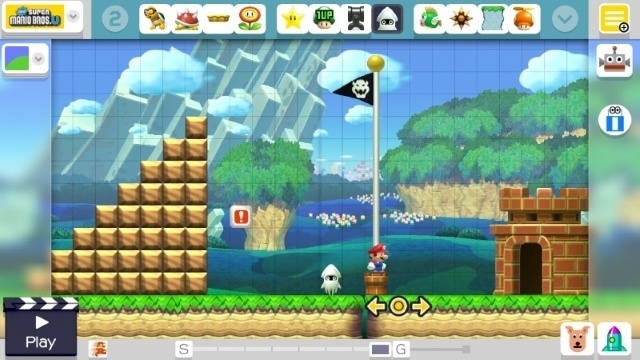
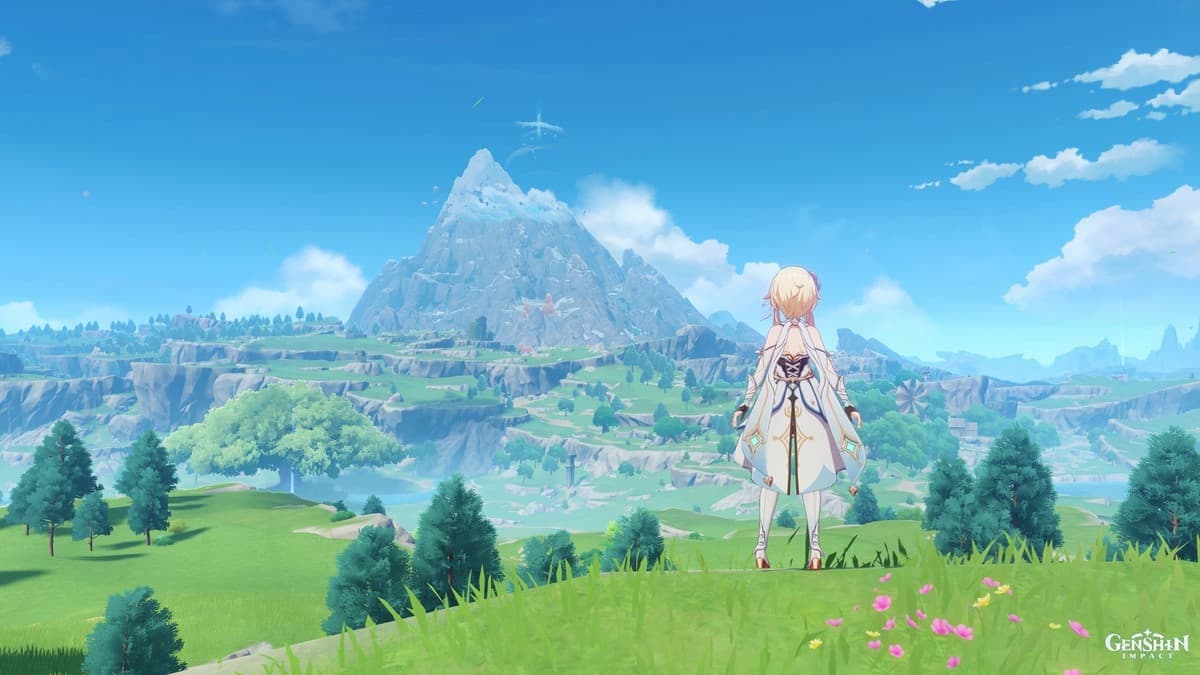

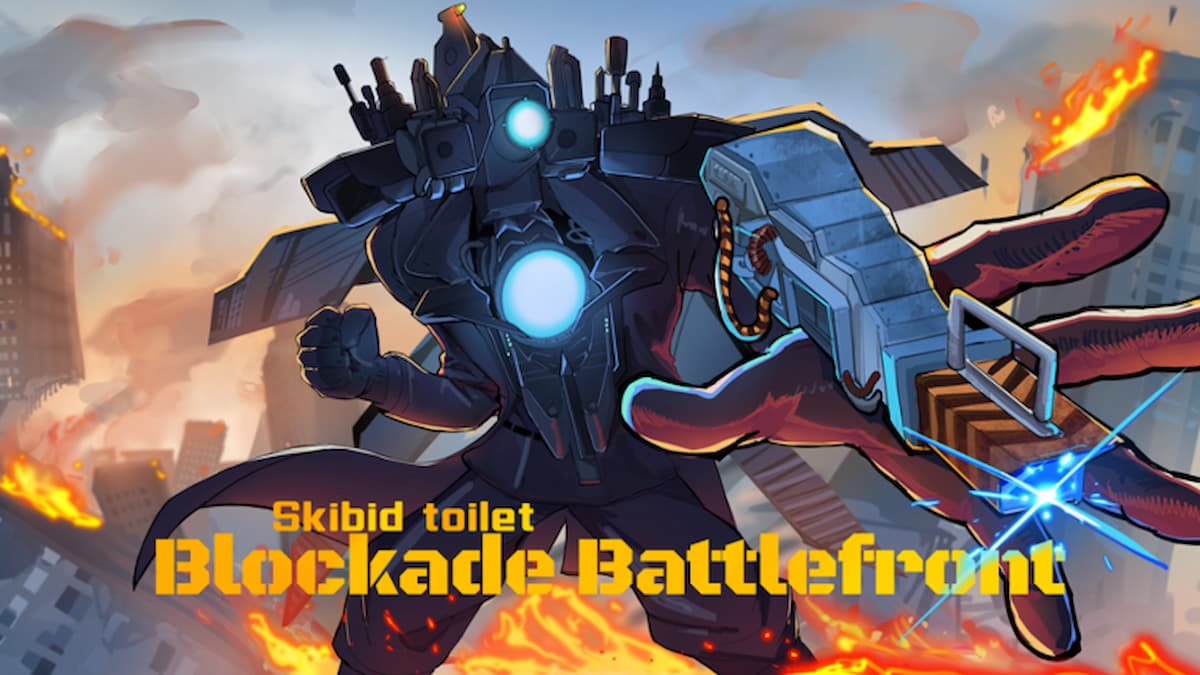
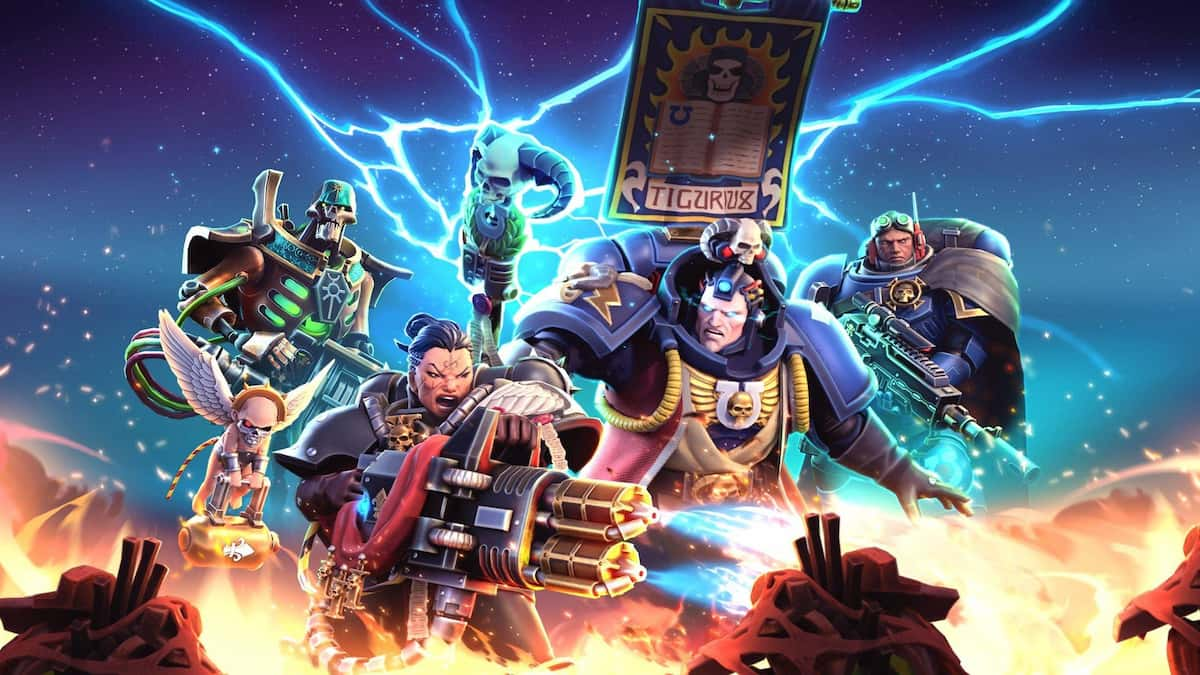
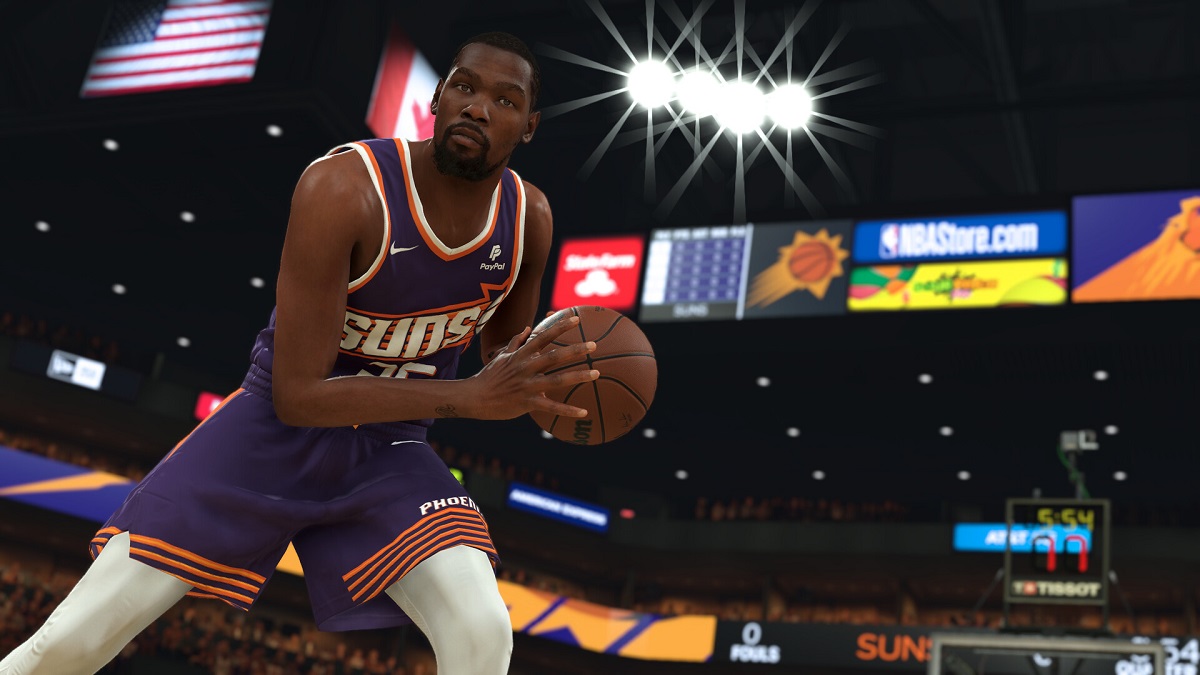
Published: Jan 3, 2016 03:20 pm